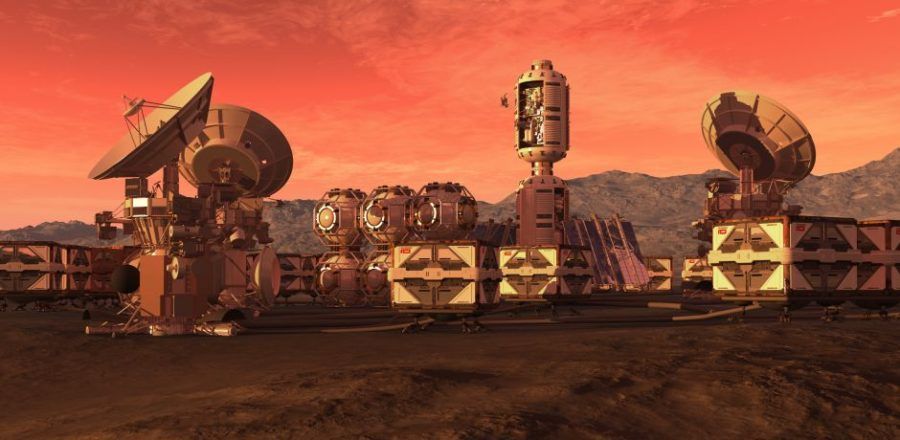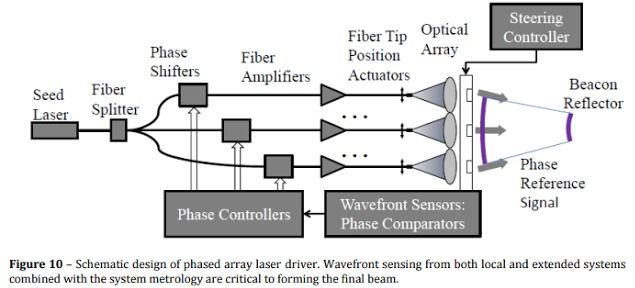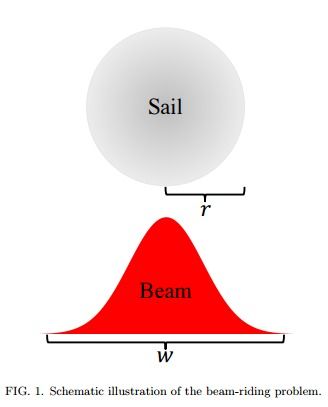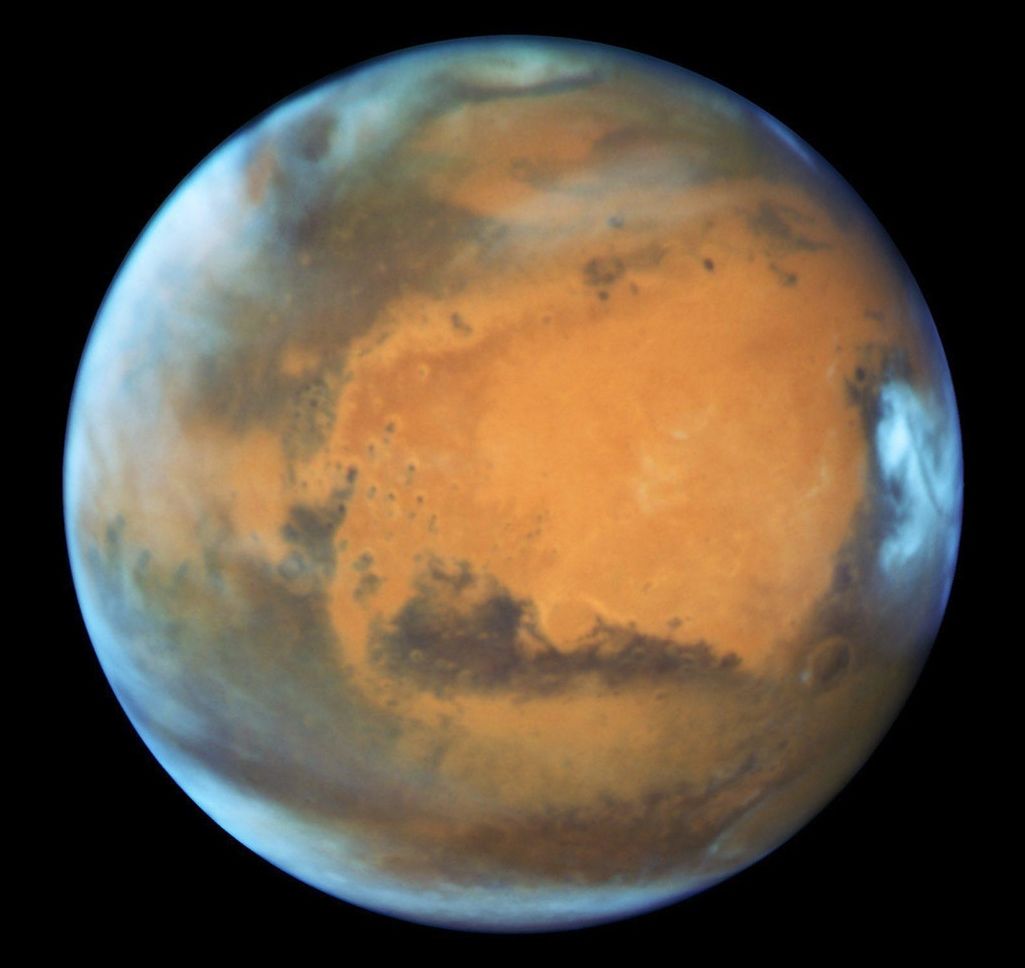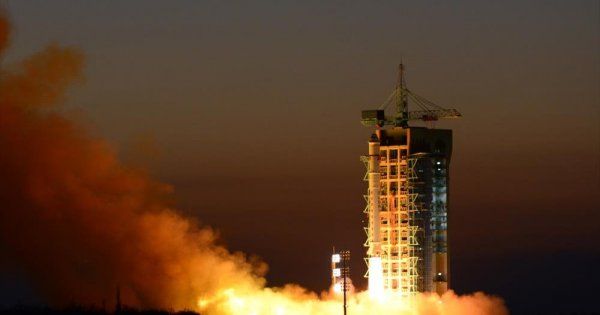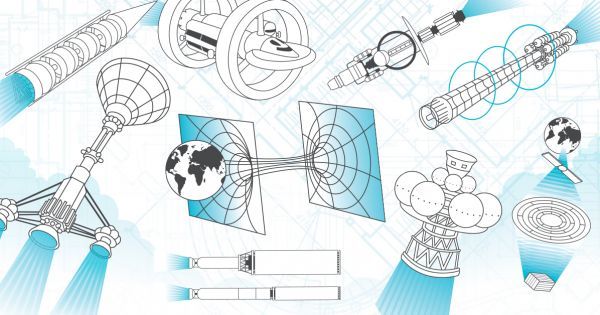The space race is on, and it’s only a matter of time before humans land on Mars. With several different groups aiming for the red planet, there’s likely to be not one outpost among the stars, but many.
National space agencies and private transport companies are all competing to reach Mars and establish their own base of operations, and they all have very different motivations and ideas on how to govern their colonies once they get there.
If Elon Musk gets his way and manages to lower the cost of a trip to Mars, the floodgates will open and settlers will stream towards the red planet in mass numbers. The resulting chaos is likely to produce several different Martian metropolises with their own character, laws, and forms of government much like the city-states of ancient Greece.
